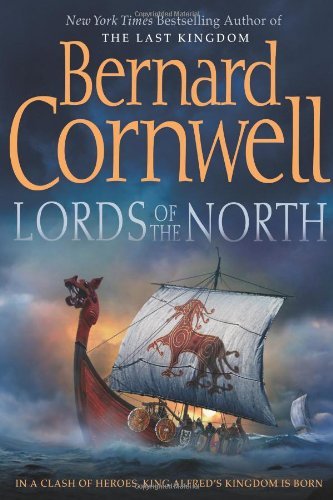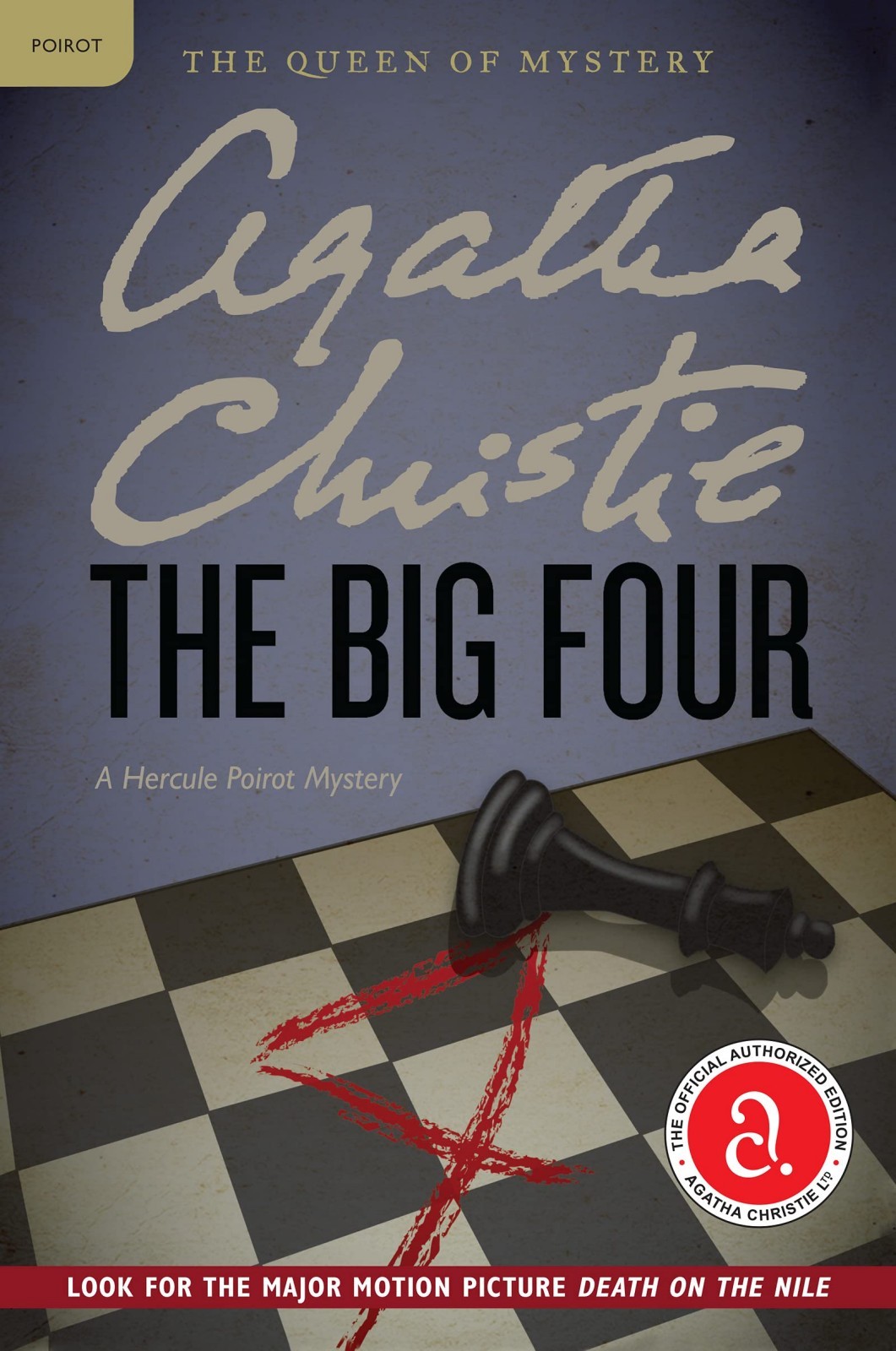Lords of the North (The Saxon Stories, #3)
Title: Lords of the North (The Saxon Stories, #3)

Author: Bernard Cornwell
Published in: 2007
Date read: 17th September 2018
Score: 4/5
Genre: Historical fiction, Thriller
Plot: (Warning, may contain spoilers):
"Lords of the North" by Bernard Cornwell is the third novel in his hugely popular "Saxon Stories" series (also known as "The Last Kingdom" series, upon which the Netflix show is based). Published in 2006, it continues the epic saga of Uhtred of Bebbanburg, a Saxon-born warrior raised by Danes, as he navigates the tumultuous landscape of 9th-century Anglo-Saxon England.
The story picks up shortly after the events of "The Pale Horseman," where Uhtred played a crucial role in securing King Alfred's victory over the Danes at the Battle of Ethandun, thereby saving Wessex. Despite his pivotal contribution, Uhtred is frustrated by Alfred's pious nature, his lack of generosity, and his reluctance to aid Uhtred in reclaiming his ancestral lands of Bebbanburg in Northumbria.
Feeling unrewarded and disgusted by the politics of Wessex, the twenty-one-year-old Uhtred decides to head north to his native Northumbria. His primary motivations are:
Revenge: To finally exact vengeance upon Kjartan the Cruel and his treacherous son Sven the One-Eyed, who were responsible for the death of his foster father, Ragnar the Fearless, and the abduction of his stepsister, Thyra. Kjartan holds the formidable stronghold of Dunholm (Durham).
Reclaiming Bebbanburg: To eventually reclaim his birthright, the fortress of Bebbanburg, from his treacherous uncle, Ælfric.
Uhtred journeys north with his new companion, Hild, a former nun who has found a new purpose at his side. Upon reaching Northumbria, they discover a land in chaos. The region is fragmented, with various Danish warlords and Saxon factions vying for control. The most powerful Danish lord, Ivarr Ivarsson, is campaigning against the Scots, leaving a power vacuum.
Uhtred's journey soon leads him into an unexpected alliance. He encounters Guthred, a former slave who is believed by certain zealous Saxon abbots and priests (like Abbot Eadred) to be the rightful, God-appointed king of Northumbria. Believing Guthred to be his best chance at gathering forces strong enough to challenge Kjartan, Uhtred pledges his sword to Guthred and becomes his chief warrior and advisor. He also falls deeply in love with Guthred's beautiful and spirited sister, Gisela.
However, Guthred, despite his divine claims, proves to be a weak and often manipulative leader, easily swayed by the fervent, sometimes extreme, Christian clergy around him. This eventually leads to a shocking act of betrayal: Guthred, swayed by political maneuvering and the advice of his treacherous council, sells Uhtred into slavery to a Danish merchant named Sverri, effectively silencing him and removing him as an obstacle to Guthred's deals with other lords.
The middle section of the book portrays Uhtred's brutal two years as a galley slave, rowing in chains on Sverri's ship. This period tests Uhtred's resilience to its absolute limits, physically and spiritually. During this ordeal, he forms a powerful and enduring friendship with Finan the Agile, an Irish warrior also enslaved.
Eventually, Uhtred is dramatically rescued by his foster brother Ragnar the Younger and Steapa, sent by Alfred (at Hild's fervent request, who pledged Uhtred's hidden hoard to Alfred for an abbey). This rescue brings Uhtred back into the orbit of Alfred, though their relationship remains complex and strained.
The climax of the novel centers on Uhtred's long-awaited confrontation with Kjartan and Sven at Dunholm. With the help of Ragnar, Guthred's forces (now under Uhtred's command), and the clever manipulation of their enemies, Uhtred leads a devastating siege. The battle is a brutal, visceral affair, full of Cornwell's signature shield-wall action and vivid descriptions of medieval warfare. The personal revenge against Kjartan and Sven, and the rescue of Thyra, are hard-won and deeply satisfying.
"Lords of the North" is a compelling tale of betrayal and loyalty, faith and pragmatism, and the relentless pursuit of one's destiny in a savage world. It deepens Uhtred's character, showcasing his resourcefulness, his enduring pagan beliefs, his capacity for love, and his unwavering commitment to his chosen family and his own honor.
Comments:
I read this before watching the Netflix series and the books are great. The reason that the Netflix series is also good, is because they have stuck closely to the books.
Books that we've read by Bernard Cornwell (28):
Sharpe's Eagle (Sharpe, #8) (1981), Sharpe's Gold (Sharpe, #9) (1981), Sharpe's Company (Sharpe, #13) (1982), Sharpe's Sword (Sharpe, #14) (1983), Sharpe's Enemy (Sharpe, #15) (1984), Sharpe's Honour (Sharpe, #16) (1985), Sharpe's Regiment (Sharpe, #17) (1986), Redcoat (1987), Sharpe's Siege (Sharpe, #18) (1987), Sharpe's Rifles (Sharpe, #6) (1988), Sharpe's Revenge (Sharpe, #19) (1989), Sharpe's Waterloo (Sharpe, #20) (1990), Sharpe's Devil (Sharpe, #22) (1992), Sharpe's Battle (Sharpe, #12) (1995), Sharpe's Tiger (Sharpe, #1) (1997), Sharpe's Triumph (Sharpe, #2) (1998), Sharpe's Fortress (Sharpe, #3) (1999), Sharpe's Prey (Sharpe, #5) (2000), Sharpe's Trafalgar (Sharpe, #4) (2000), Gallows Thief (2001), Heretic (The Grail Quest, #3) (2003), Sharpe's Havoc (Sharpe, #7) (2003), The Last Kingdom (The Saxon Stories, #1) (2004), Sharpe's Escape (Sharpe, #10) (2004), Sharpe's Fury (Sharpe, #11) (2005), The Pale Horseman (The Saxon Stories, #2) (2006), Sword Song (The Saxon Stories, #4) (2007), Lords of the North (The Saxon Stories, #3) (2007)
This page was updated on: 27th July 2025

